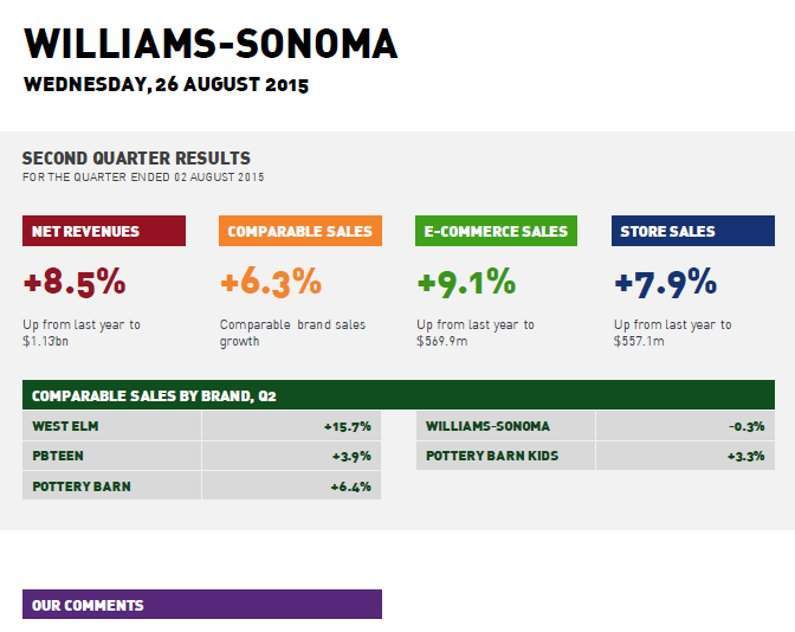
WHAT SHOULD SPEAR’S readers do if they think their phones have been hacked? Should they hire a law firm specialising in representing phone hacking victims like Mishcon de Reya or Collyer Bristow, or should they just forget about it and change their mobile default settings?

I ask this because I have very good reason to believe that my own phone may have been hacked back in July 2010 when a reporter from a tabloid newspaper kept calling Spear’s Notting Hill office about a political ‘scandal’ that he had got into his head that I knew all about.
But there was absolutely no way I was going to speak to him. When I learnt that he was ‘door-stepping’ the office, I asked the team to say I was ‘abroad’ and headed up to Shropshire. All week my mobile had been making odd beeping noises whenever I answered it late, or if I did answer it, the caller hung up. Messages were also described as ‘old messages’ when I had not even listened to them.
A Call from Operation Weeting
Cut to March of this year when I heard on the morning radio that Scotland Yard had carried out dawn raids on four executives from the Mirror Group in connection with allegations of phone hacking. Later that afternoon, my phone rang: ‘Is that Mr William Cash MP?’ a gruff voice said. ‘No,’ I replied. ‘This is William Cash of Spear’s magazine. My father is always known as Bill Cash.’
The caller then identified himself as calling from Operating Weeting at Scotland Yard. ‘We wanted to let you know that your name was found on a list of possible hacking targets discovered this morning and that we would like to talk with you about helping us with our enquiries.’ He gave me his number and I said I would think about it.
I didn’t follow up with an interview at Scotland Yard as I didn’t want to stand in a court being grilled about details of an event that I had long ago preferred to forget. Needless to say, if I wasn’t going to talk about the details then, I certainly wasn’t going to talk about them in court three years later. Added to this, I didn’t feel I was a victim. I felt more I was a fool for not changing my default message settings.
Should Leveson look at other ‘information blaggers’ too?
But the incident has been in my mind after it emerged that Keith Vaz, the chair of the Home Affairs Select Committee, has asked Lord Leveson to explain why he ignored a confidential Serious Organised Crime Agency report, which indicated that hacking and ‘information blagging’ were equally prevalent in such sectors as the law, Big Pharma, insurance and telecom companies — not to mention FTSE 100 companies — as in the media.
Lord Justice Leveson, who had previously said it was not within his ‘remit’ to look at hacking in other sectors, misses the point entirely: these sectors do not work in isolation from each other.
It is both na’ve and implausible that one sector, or within that sector one isolated firm, was practising their ‘dirty arts’ with a ‘network of shady private detectives’ (according to one commentator) while their goody-two-shoes competitors were sitting back smelling the orchids in their boardrooms.
Info-razzi black arts
I know this to be the case because well over a decade ago — years before the Murdoch empire was exposed — while working in LA for the Daily Telegraph, I wrote a feature about the art of phone hacking and other ‘info-razzi’ black arts, and how they had become an essential tool for the paparazzi and hacks based in LA.
At the time, nobody was afraid to speak about it (off the record) as the practice was so widespread, not only within the media but also across the entire corporate culture of both the US and the UK.
When I managed to speak to several of the top info-razzi practitioners — both in London and LA — they told me that celebrity blagging and voicemail interception was the ‘low rent’ end of their business and that the real money came from the corporate sector.
With DD (due diligence) concerning the legitimate source of HNW assets an increasingly important part of the private client financial world — any company director guilty of laundering a client’s assets, even unknowingly, faces a jail sentence — it is mildly ironic that the very investigative methods that financial or legal firms may have used to help reassure themselves about the legitimacy of deposited assets are now regarded as too risky.
I was disappointed to see Mishcons being singled out. All I can say is that Mishcons have looked after my own private affairs for around a decade — including two divorces and a potential phone hacking claim — and nobody from the firm has ever suggested employing a shady detective to glean useful information. The only unexpected thing my lawyer, Sandra Davis, has ever presented me with is a copy of the Debrett’s Guide to Civilised Separation. Ruthless, eh?
William Cash is editor-in-chief and founder of Spear’s






